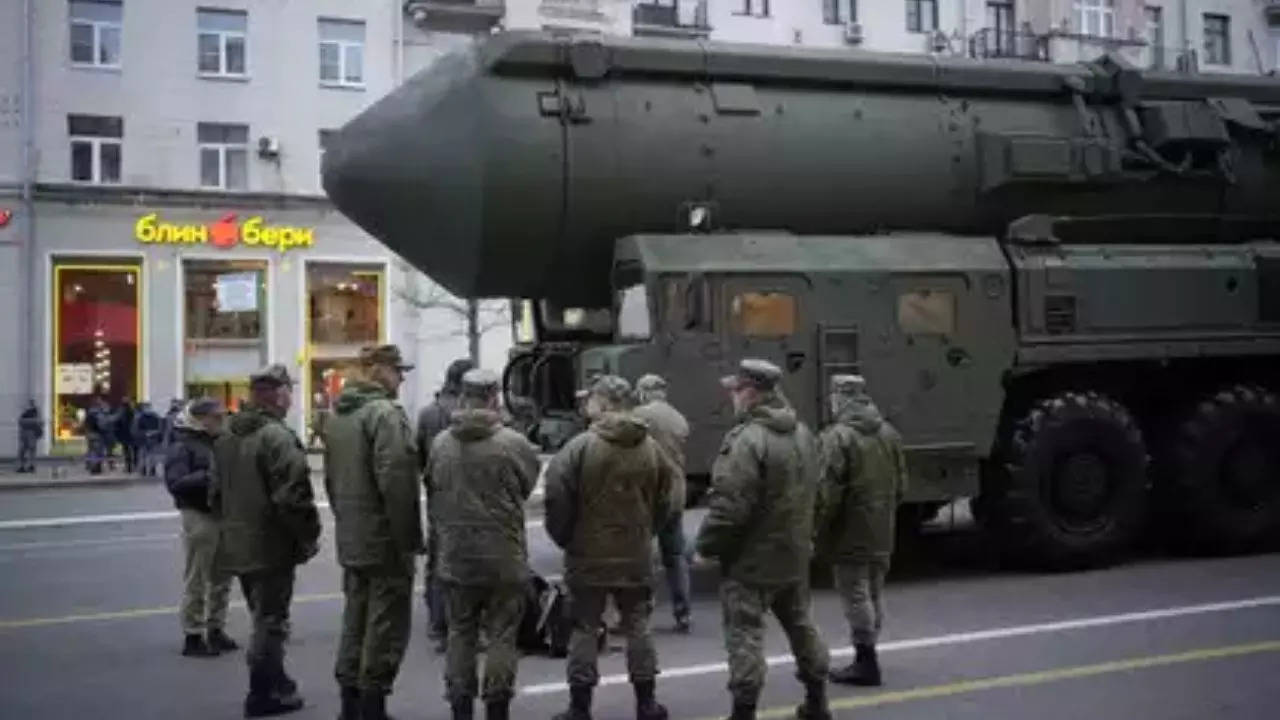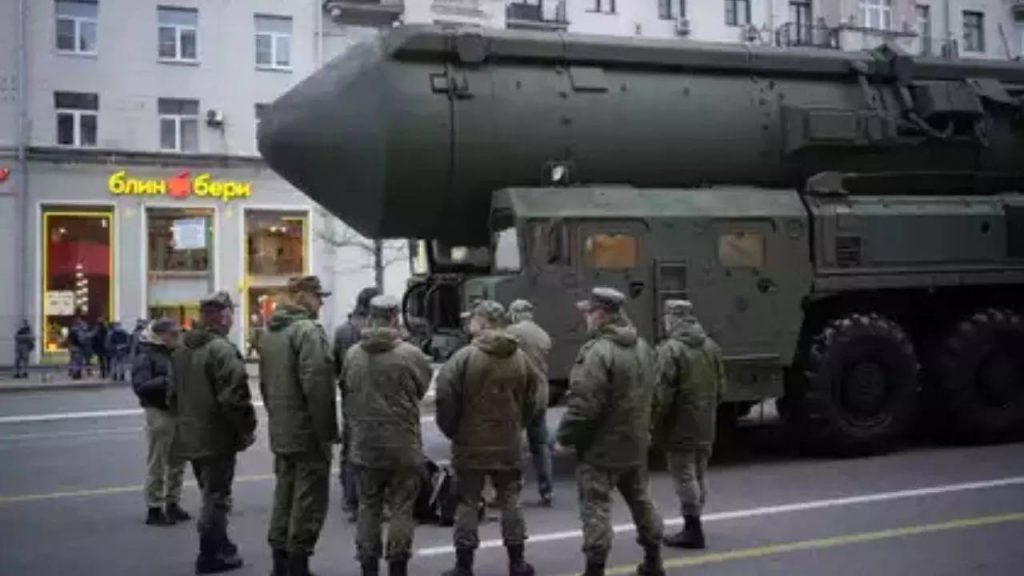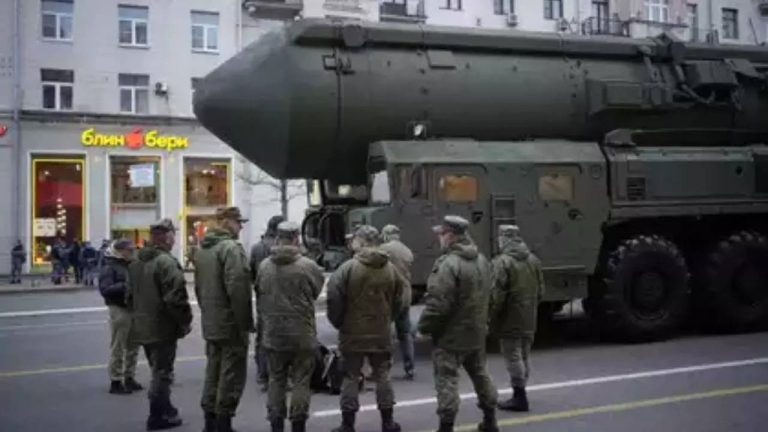After the collapse of the Soviet Union, Ukraine gained possession of a considerable nuclear arsenal. However, due to economic constraints and geopolitical concerns, Ukraine made the bold decision to disarm itself of these nuclear weapons. The Budapest Memorandum of 1994 provided assurances of security for Ukraine, but those promises were shattered when Russia seized Crimea and backed separatist movements within Ukraine. The current conflict between Russia and Ukraine underscores the precarious position Ukraine finds itself in without the protection of nuclear weapons. The events in Ukraine serve as a stark reminder of the importance of having a strong defense strategy in the face of external threats. This situation also raises concerns about the reliability of international agreements in safeguarding the sovereignty and security of nations. The global community must closely monitor the developments in Ukraine and work towards finding a peaceful resolution to the ongoing tensions in the region. The implications of the Ukraine-Russia conflict extend beyond the borders of these two nations and have broader implications for global security dynamics. It is imperative for all stakeholders to engage in constructive dialogue and diplomacy to prevent further escalation of the conflict and ensure stability in the region.

Posted in
JUST IN
Ukraine’s Decision to Give Up Nuclear Weapons Highlighted by Ongoing Russia Conflict: Analysis.
In Trend

“India’s Largest Solar Power Plant in Rajasthan to Power 1.3 Million Homes, Boost Renewable Energy Sector”





















